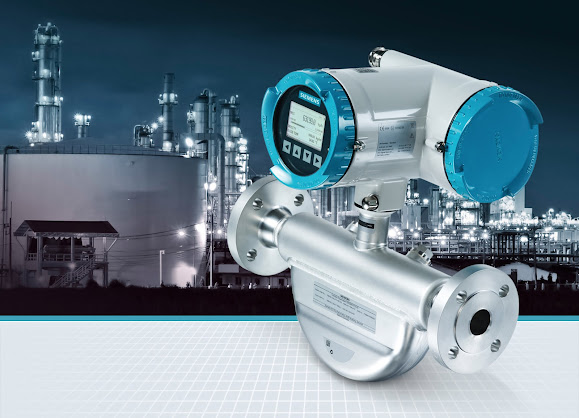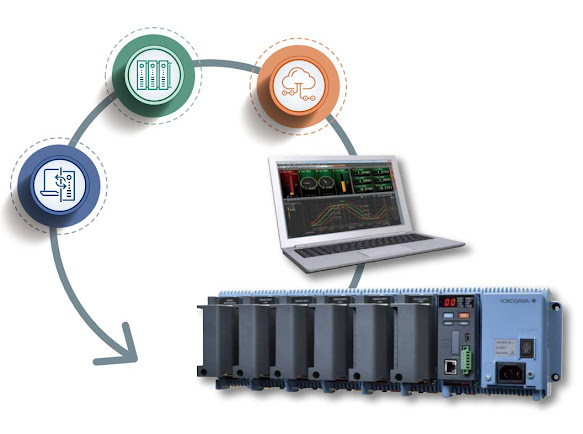Understanding Water Flow Meters: A Comprehensive Guide
Flow meters play a crucial role in various industries and applications, providing accurate measurements of water flow rates. Whether it's monitoring water usage in households, optimising industrial processes, or ensuring efficient irrigation in agriculture, the right flow meter is essential.
In this guide, let’s delve into the world of water flow meters, exploring their types, applications, and importance.
Types of Flow Meters
Mechanical Flow Meters
- Turbine Flow Meters: These meters utilise a turbine rotor placed in the flow stream. As water flows through the meter, it causes the turbine to rotate, and the rotational speed is directly proportional to the flow rate.
- Woltman Type Flow Meters: Commonly used for large water flow measurements, Woltman meters employ a helix-shaped rotor design. They are ideal for applications such as water distribution networks and industrial processes.
Differential Pressure Flow Meters
- Orifice Plate Flow Meters: These meters feature a precisely machined plate with a hole (orifice) installed in the pipeline. The pressure difference created by the obstruction is measured to determine the flow rate.
- Venturi Flow Meters: Similar to orifice plate meters, Venturi meters use a constricted pipe section to create a pressure drop. By measuring the pressure differential, flow rates can be accurately determined.
Ultrasonic Flow Meters
- Transit-Time Ultrasonic Flow Meters: Utilise ultrasonic waves to measure the time it takes for sound pulses to travel upstream and downstream in the flow stream. The difference in transit times is used to calculate the flow rate.
- Doppler Ultrasonic Flow Meters: These water flow meters measure the frequency shift of reflected ultrasonic waves caused by particles or bubbles in the flowing liquid. Doppler meters are suitable for applications with suspended solids or aerated liquids.
Electromagnetic Flow Meters
- Electromagnetic flow meters operate based on Faraday's law of electromagnetic induction. They are capable of measuring the flow of conductive liquids, including water with suspended solids or chemicals.
Applications of Flow Meters
- Residential Water Management: Flow meters installed in households help track water usage, detect leaks, and promote water conservation efforts.
- Industrial Processes: Flow meters are integral to various industrial applications such as cooling systems, wastewater treatment, and chemical processing.
- Agriculture: In agriculture, flow meters aid in optimising irrigation systems, ensuring efficient water usage for crop cultivation.
- Environmental Monitoring: Flow meters are utilised in environmental monitoring systems to measure water flow in rivers, streams, and other water bodies, facilitating better management of water resources.
- Utilities Management: Water utilities rely on flow meters for billing purposes, network monitoring, and maintaining water distribution systems.
Importance of Flow Meters
- Accurate Measurement: Flow meters provide precise measurements, enabling users to monitor and control water flow effectively.
- Efficiency Optimisation: By accurately measuring water flow rates, industries can optimise processes, reduce water wastage, and improve overall efficiency.
- Cost Savings: Efficient water management facilitated by flow meters leads to cost savings through reduced water usage, lower maintenance expenses, and improved resource allocation.
- Compliance and Regulation: Many industries are subject to regulations regarding water usage and discharge. Flow meters help ensure compliance with these regulations by providing accurate data for reporting and monitoring purposes.
Wrapping Up
Flow meters are indispensable tools for measuring and managing water flow meters across various sectors. From residential applications to industrial processes and environmental monitoring, the importance of accurate flow measurement cannot be overstated.
By understanding the different types of flow meters and their applications, businesses and individuals can make informed decisions to optimise water usage, promote sustainability, and meet regulatory requirements.
.jpg)


Comments
Post a Comment